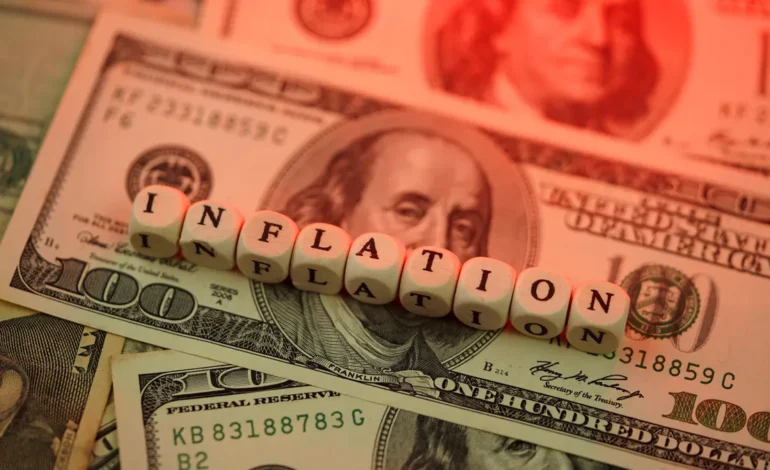Energy pushes back on rising prices

The upward trajectory of prices is confirmed. Inflation rose to 2.7% in July, rising for the second consecutive month, according to the final data published Wednesday by the National Institute of Statistics (INE). The increase in the seventh month of the year, a four-tenth rebound compared to the previous month, was mainly caused by the base effect caused by electricity prices, which in the same month of 2024 had fallen, and by fuels, more expensive than a year ago. The underlying rate, which does not take into account energy and fresh food, stood at 2.3 per cent, up from 2.2 per cent the previous month. Also in this case, the statistical body confirms the data it had advanced a couple of weeks ago.
This evolution of inflation is compatible with a strong dynamism of the Spanish economy, which remains an engine of growth among the main European countries, the Ministry of Economy values in a note. The National Institute of Statistics today confirmed the inflation data advanced at the end of July. Overall inflation stood at 2.7 per cent for the same month in 2024, four tenths above the June rate, due to a base effect associated with the fall in electricity prices in July 2024, and, to a lesser extent, by the increase in fuel prices, he adds.
That the underlying rate has only risen by a tenth from June reflects some price stability. This indicator is not contaminated by those components most sensitive to temporary phenomena, such as a timely increase in crude oil or poor harvest due to adverse weather, and allows for a more accurate assessment of the price-low trend. Hence, a first reading on the products that have contributed the most to the rise in the seventh month of the year suggests an increase of a more conjunctural than structural nature.
On the one hand, it is common for fuel prices to increase at this time, in the middle of the summer season, with massive travel for the holidays. The increase in electricity prices has a different origin, but at first glance it seems equally short-term: it responds to a statistical effect resulting from comparison with the data recorded the previous year. Energy supply tariffs were at unusually low levels in July 2024, following a drop in gas tariffs and a demand reduction. For this reason, its contribution has been particularly decisive in the increase that the Consumer Price Index (CPI) experienced last month.
However, the recent behavior of some components of the basket could slow down the disinflationary process that seemed on track a long time ago, and not just because of the uncertain outcome of the trade war triggered by US President Donald Trump. Electricity has been pushing up prices for months. Specifically, from the big blackout in late April. Since that episode, the sector is prioritizing security of supply over tariffs, to which intense heatwaves have recently been added.
Foods have also put upward pressure since the beginning of the year. In part, there is a drop in the VAT cut implemented in 2023 to mitigate the economic blow of the Russian invasion of Ukraine, which ceased to apply in January. However, the phenomenon is not exclusive to Spain, and among its triggers are the increasingly frequent extreme weather events and the increase in energy costs. Still, in Jul, unprocessed groceries contributed half a tenth to the decline. Olive oil, which experienced a dramatic rise during the inflation crisis, has already fallen by 50% from the peak reached in April 2024.
Inflation is light years away from the peaks reached at the worst of the crisis. In July 2022, the CPI rose by 10.8%, the highest rate in 38 years, due to the heat of the energy vendetta caused by the war in Ukraine. Since then, it has been falling more or less linearly, and now, despite the rebounds of recent months, it is much closer to the 2% reference target set by the European Central Bank (ECB) than to the peaks of three years ago.










